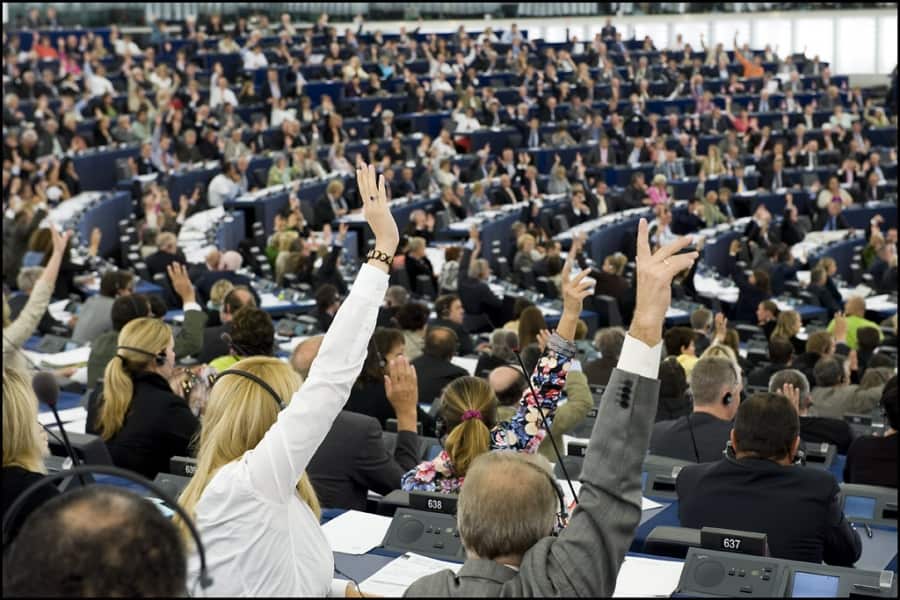The diversity of languages in Europe is nothing less than the living heritage which secures the sustainable development of European societies, states Iuliu Winkler (RMDSZ, EPP) in an explanation of vote on Alfonsi Report on endangered European languages and linguistic diversity in the EU.
“I welcome the overwhelming majority registered at the vote of the Alfonsi Report on endangered European languages and linguistic diversity in the EU. This is a strong endorsement given by all the political groups of the EP and a strong message to the European Commission and the Member States. The diversity of languages and cultures in Europe is nothing less than the living heritage which secures the sustainable development of European societies. I fully share the view that “teaching in people´s mother tongue is the most effective way of learning” and I urge Member States to implement this principle in their educational policies. The EC´s multilingualism policy has to be revitalised and properly funded in the next MFF. The new policy actions have to take into consideration the proposals formulated by the Minority Intergroup of the EP. A fully respected linguistic diversity is a vital contribution to the European soft power, enabling the EU to enforce its global significance. This House recently debated the cost-effectiveness of the interpretation in the EP. While I support the sound financial management principles, I urge all of us to bear in mind that full multilingualism strengthens democracy in our Parliament”, asserts Iuliu Winkler in the written explanation of vote given Wednesday during the EP´s plenary session in Strasbourg.
In his report, François Alfonsi asks the Commission to support research on the acquisition and revitalisation of endangered languages and on the cognitive and societal benefits of bilingual and multilingual European citizens due the fact that, with their policies, some Member States and regions are endangering the survival of languages inside their borders, even if those languages are not in danger in the European context.
Studying in one´s mother tongue is the most effective way of learning








